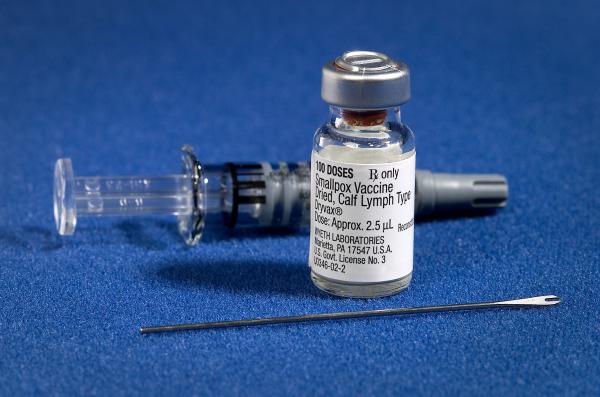There are two ways to become immune against an infectious disease: The not-so-fun way and the really-not-so-fun way.
The not-so-fun way is vaccination. It's a hassle to go to the clinic or pharmacy, and at the very least, the jab will make your arm sore. Sometimes, it will give you a fever or make you feel lousy. But given the alternative (the really-not-so-fun way), which involves being infected and sickened by the disease, the vaccine is preferable.
However, a very legitimate question is being posed by many people: "If I already got sick with COVID, then I should be immune. So, do I need to get vaccinated?" For at least two reasons, the answer is yes.
Yes, Get the COVID Vaccine Even if You Were Infected
The first reason is that you may not actually have been infected. No diagnostic test is perfect, which means that all tests create false positives. If your test result was one of those false positives, then you are not protected from the coronavirus and need to be vaccinated.
The second reason is that we know very little about how long immunity to the coronavirus lasts. Though reinfection seems rare, it can happen. While it's too early to know if this is true of COVID, it is the case with some infectious diseases that the vaccine produces a more robust, longer-lasting immune response than the microbe itself.
An article published by The Conversation explains why. The gist is that vaccines allow us to control the immune response and even improve upon it. The natural immunity elicited by the human papillomavirus (HPV), which causes cervical cancer, is not particularly good. However, the HPV vaccine provokes a much stronger immune response because it contains much more antigen (i.e., the specific substance, such as a viral protein, that triggers the immune system). Additionally, vaccines often contain adjuvants, which are immune-stimulating chemicals.
Too Many Americans Don't Want a COVID Vaccine
Poll results vary, but it appears that roughly 60% of Americans are ready to get vaccinated. Unfortunately, that means that 40% don't want a vaccine or are unsure. That's far too many. Part of the COVID vaccine campaign, therefore, must be aimed at convincing the entire public of the necessity of immunization.




